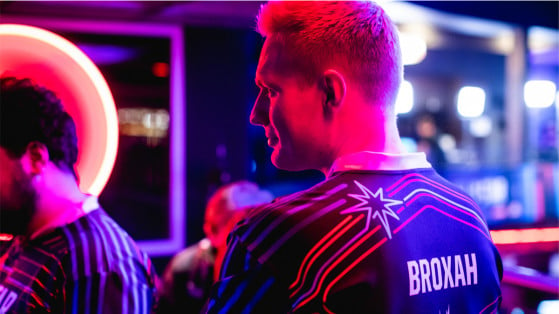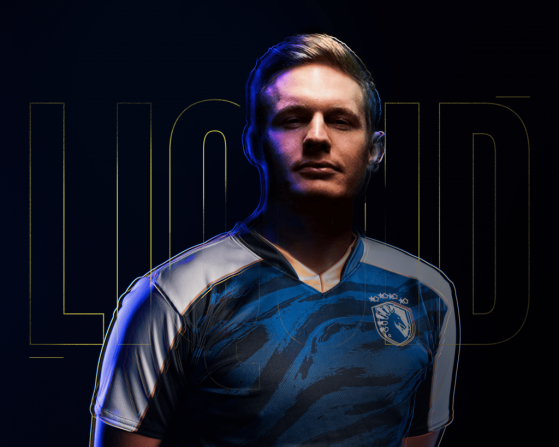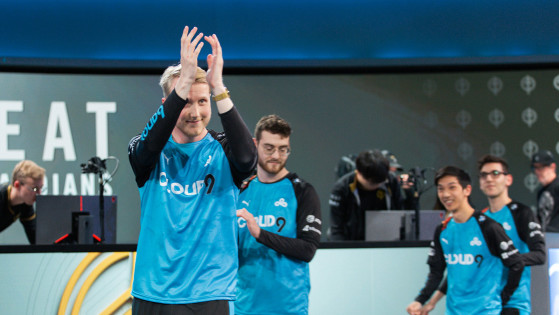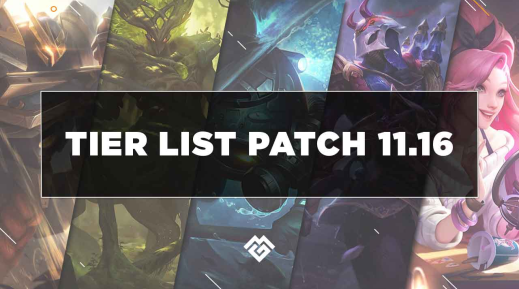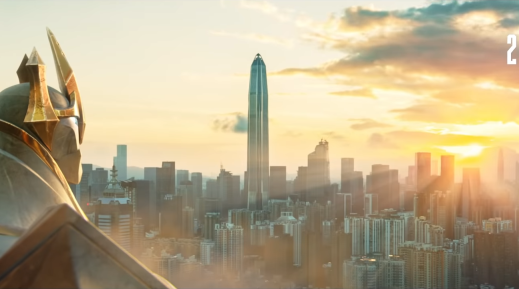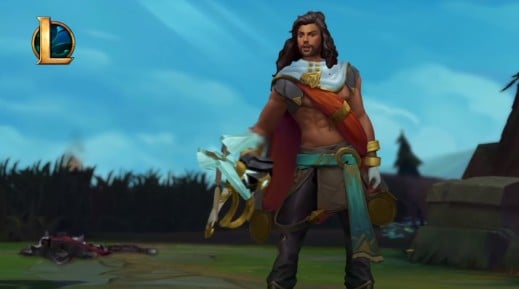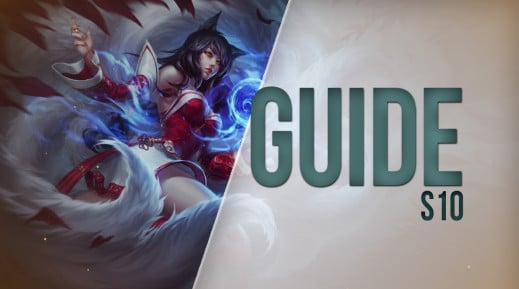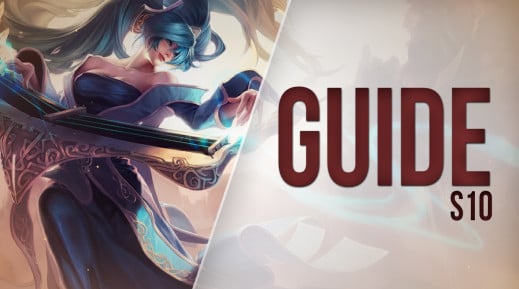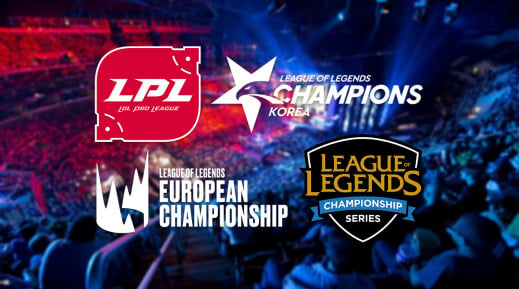Photo courtesy of Riot Games
The rumor had been going around since the first days of the year. Former Fnatic player Broxah, announced at Team Liquid to replace veteran Xmithie, is currently without a visa to compete in the League of Legends Championship Series in Los Angeles, California.
The information, confirmed by ESPN on Thursday, also indicates that the academy team's jungler, Shernfire, is currently being held in Australia for similar issues. As soon as Spring Split 2020 opens on January 25, the new Head Coach Pobelter, the team's midlaner for 2018, will take over as interim jungler.
The imbroglio over Broxah's regularisation with the US administration is the latest in a long series of transfer failures. Last year, MAD LIONS toplaner Pavle "Yoppa" Kostic left the field open for the Misfits Premier team at the European Masters because he was banned from the semi-finals in London due to a status issue. In January 2016, Echo Fox was forced to withdraw from the opening of the Spring Split — a first in LCS history — unable to field an entire team after the window transfer period due to the lack of proper visas for its recruits.
The nightmare of the great Western teams
As of July 2013, League of Legends is defined as a "professional sport" by the U.S. Immigration Office. This implies the possibility for LCS professional structures to apply for P-1A visas, dedicated to athletes, or P-1S visas for their staff. The difference is that the latter must be applied for renewal at the slightest change of employer.
Each year, North American teams have great difficulty influencing the time it takes to obtain these types of documents, which are "general public" visas for athletes, artists, and the entertainment sector. Foreign professional players wishing to play in the U.S. must demonstrate, among other things, that they have achieved "international recognition status in sport" as required by the Immigration and Nationality Act.
Limited to 25,000 per year, P visas make life difficult for the LCS, the first league in the world to differentiate itself on the quality of its imported players. This year, in particular, there is an appetite for Europe (two-time finalists at the 2018 and 2019 Worlds) with Broxah, Jiizuké, Kobbe and Eika transferring to the region.
In order to avoid having to deal with the case that the former Fnatic jungler is currently facing, Germany, which hosts the LEC (the European league anchored in Berlin), has taken the lead. At the end of December, the federal government passed a bill on the creation of an "esport visa" for non-European nationals. According to a simplified procedure and under the responsibility of the ESBD — the German Esport Federation — the administration will be able to effectively offer a permanent residence visa to professional players from Spring 2020.
Four years ago, the refusal of Russian player Diamondprox to join the Unicorns of Love in the LCS EU because of visa issues pointed to shortcomings in German legislation in this area. The controversy then led Diamondprox to join GAMBIT, with whom he still competes in the Russian league (LCL) today.
On a less pessimistic note, Broxah should be able to find a way out to join the United States in the coming weeks, with the support of Riot Games. The 22-year-old Dane has yet to express his views on his situation, which is equally embarrassing for Team Liquid's communication at the start of the season.
With the impediment of its precious incumbent jungler, the four-time LCS champions are a real stop to a competition that has grown stronger with the transfer period — Cloud9, Evil Geniuses, and TSM in the lead. Despite the fact that the only rookie of the winter season is temporarily out of the running, Team Liquid maintain their goal of setting a new record: a fifth consecutive title in the Spring, with a ticket to the Mid-Season Invitational as a bonus.
In the opening match of the LCS Spring Split 2020, Team Liquid will face Cloud9 on Saturday, January 25 at 14 PM (Pacific Time).
